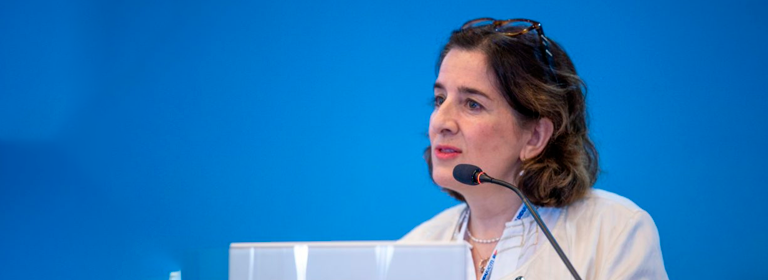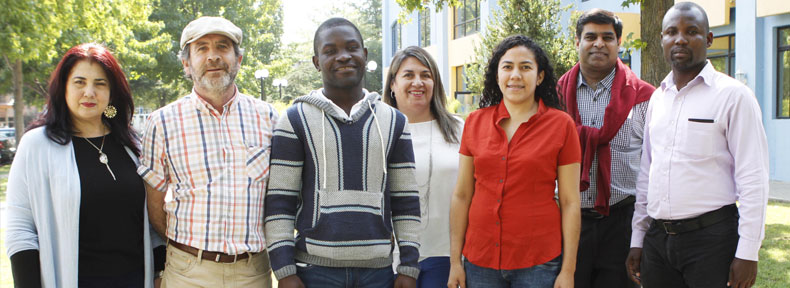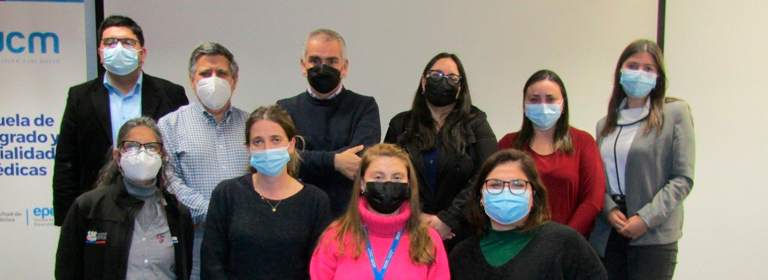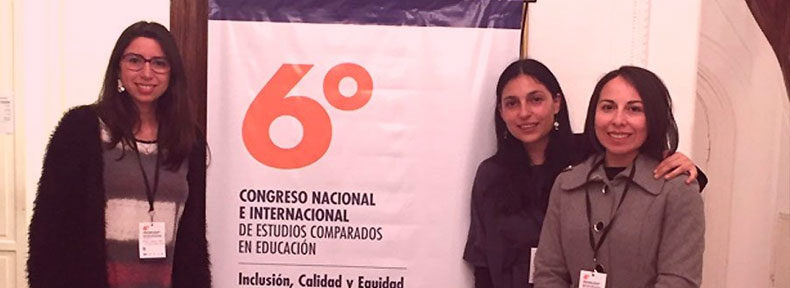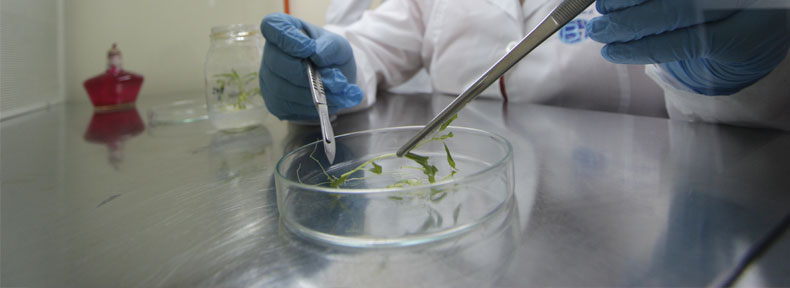PhD in Educational Sciences, Mónica Feixas, gave a talk on the challenges facing teacher training, during an international congress held at the Universidad Católica del Maule.
Mónica Feixas, who holds a PhD in Educational Sciences and is an academic at the University of Zurich, described Chile’s determination to implement strategies for the professional development of teachers in higher education institutions as a «unique» effort in the world.
 The also pedagogical advisor in schools in Barcelona, Spain, celebrated the effort to improve the integral formation of academics, during an international congress held by the Department of Research in University Teaching (DIDU), at UCM.
The also pedagogical advisor in schools in Barcelona, Spain, celebrated the effort to improve the integral formation of academics, during an international congress held by the Department of Research in University Teaching (DIDU), at UCM.
«I must say that I am pleasantly surprised and very excited about this project, because it is very new and pioneering. Not many universities have departments dedicated exclusively to university teaching research, with resources and people dedicated to this subject, so I would say that Chile is the only country in the world that is giving it so much impetus,» she said.
The two-day event held at the San Miguel campus offered a space to share research experiences, specially focusing on university teaching.
Feixas stated that her presentation sought to encourage faculty to improve their professional academic development. This involved reflecting on their own teaching practice, in order to impact not only student learning, but also personal development and the growth of the department, the discipline and the university.
The director of the DIDU, Aquiles Almonacid, valued the high attendance of the congress.
 «We had 49 papers in person and 24 virtual ones, with the participation of seven foreign universities and 17 Chilean ones. We consider it a success that, despite being the beginning of the year, the professors joined us to discuss such a current and relevant topic,» said the doctor in Physical and Artistic Activity, who also heads the National Network of Research in University Teaching (RENIDES).
«We had 49 papers in person and 24 virtual ones, with the participation of seven foreign universities and 17 Chilean ones. We consider it a success that, despite being the beginning of the year, the professors joined us to discuss such a current and relevant topic,» said the doctor in Physical and Artistic Activity, who also heads the National Network of Research in University Teaching (RENIDES).
«The authorities of the time were very visionary in taking this dimension and incorporating it in the Vice Rector’s Office for Research and Graduate Studies, where a department that is transversal arises; we are for the eight faculties, our 540 professors and for those who provide services. The great challenge now is to consolidate a research proposal that makes more sense to the professors,» he emphasized.

